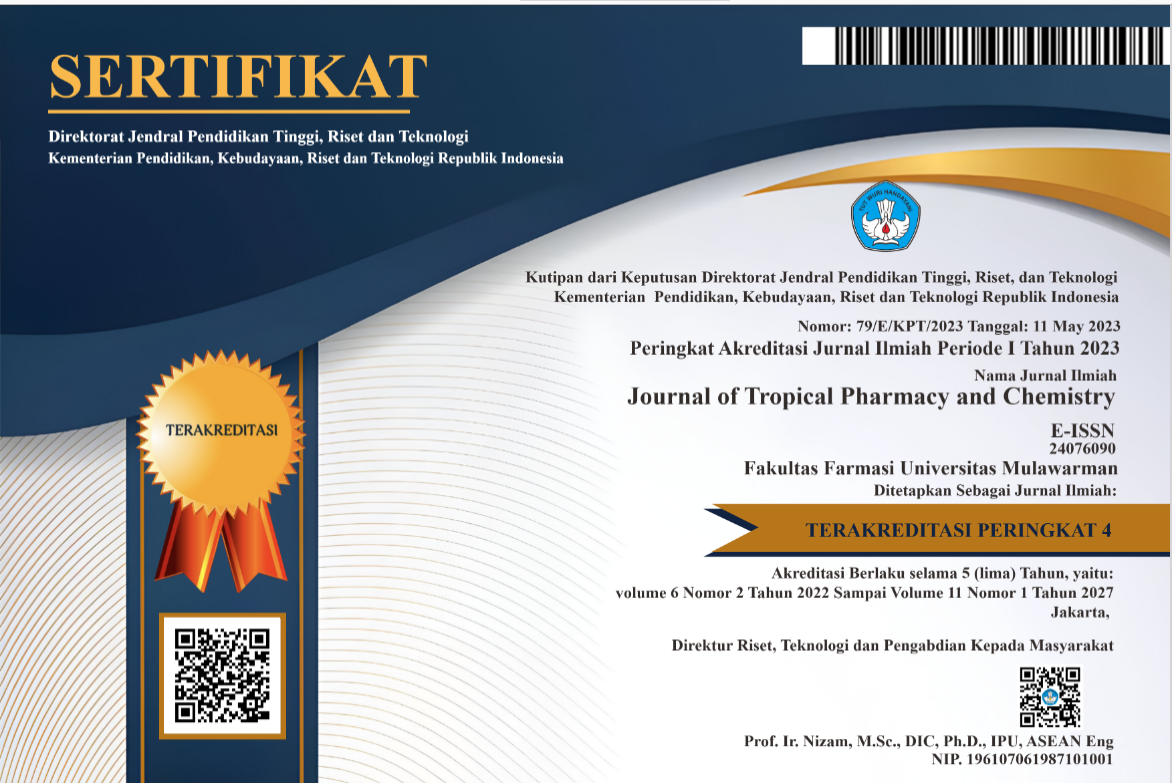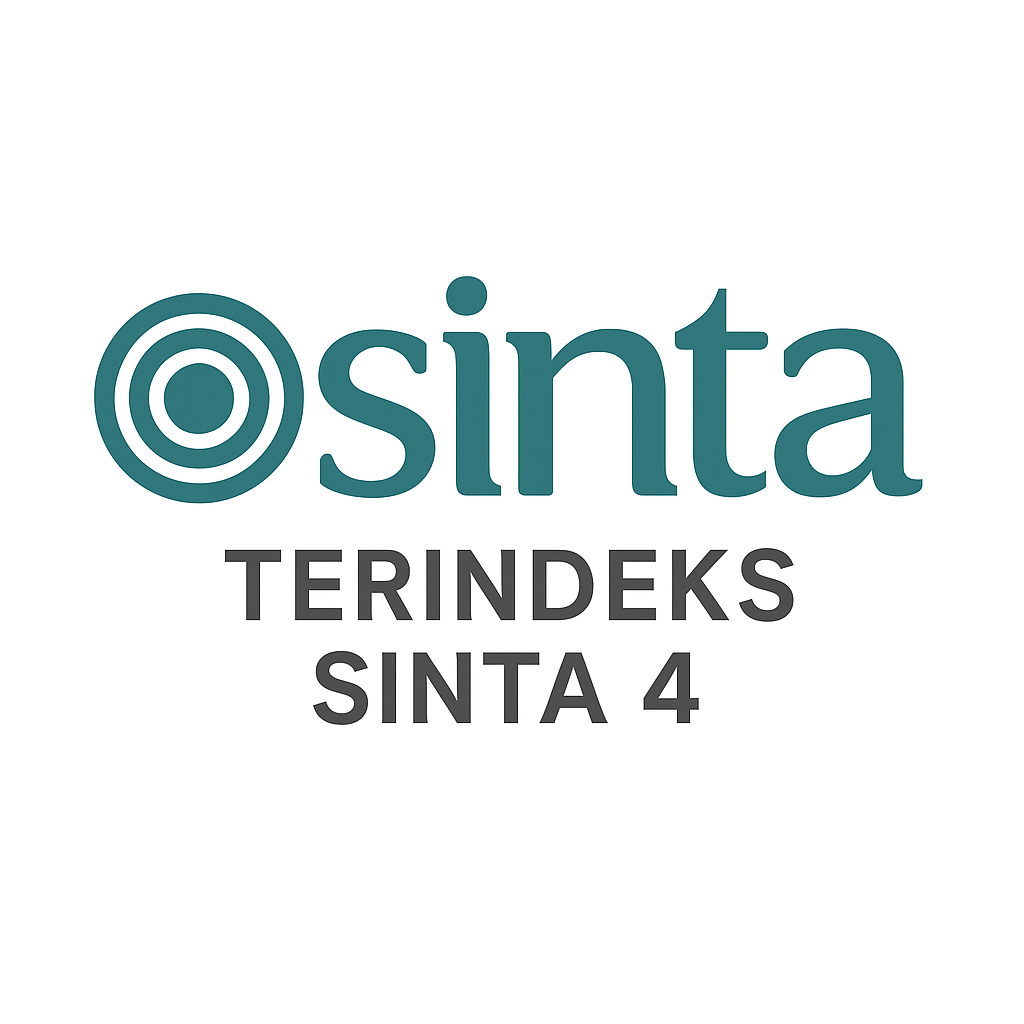Publication Ethic
Publication Ethics Code
The statement of publication ethics is a code of conduct for all parties involved in the scholarly journal publication process, including: the Editor-in-Chief, Editorial Board, Peer Reviewers, Authors, and Website Administrator. This statement of ethical conduct is based on the principles of:
-
Neutrality – free from conflicts of interest in managing publications;
-
Fairness – granting authorship rights only to those who are entitled to them;
-
Honesty – free from duplication, fabrication, falsification, and plagiarism (DF2P) in publication.
Responsibilities of the Editor
Editors are responsible for ensuring that every article published meets the standards of quality and publication ethics. The following principles must be upheld:
-
Objectivity – Decisions to accept or reject manuscripts must be based on the content of the article, its relevance to the journal’s focus, and its contribution to the advancement of knowledge, without any discrimination.
-
Confidentiality – Information regarding submitted manuscripts should only be shared with authors, reviewers, or other relevant parties involved in the publication process.
-
Avoidance of Conflicts of Interest – Editors must avoid any conflicts of interest that could affect their editorial decisions.
-
Plagiarism Prevention – Editors must ensure that all published articles have undergone plagiarism screening.
-
Publication Corrections – If significant errors are discovered in published articles, editors are responsible for issuing corrections, retractions, or clarifications.
Responsibilities of Authors
Authors are responsible for producing original, ethical, and scientifically sound work.
-
Originality – Authors must ensure that submitted manuscripts are original and have not been previously published elsewhere.
-
Acknowledgment of Sources – Authors must properly acknowledge all sources used in the preparation of the manuscript.
-
Accurate Authorship – Only individuals who have made significant contributions to the research should be listed as authors.
-
Ethical Compliance – Authors must declare that the research was conducted in accordance with applicable ethical standards.
-
Disclosure of Conflicts of Interest – Authors must disclose any potential conflicts of interest, whether financial or non-financial.
Responsibilities of Reviewers (Peer Reviewers)
Reviewers play a critical role in evaluating manuscripts objectively and confidentially.
-
Objectivity and Professionalism – Reviewers should provide constructive, objective feedback based on scientific evidence.
-
Confidentiality – All documents received for review should be treated as confidential and not used for personal gain.
-
Avoidance of Conflicts of Interest – If a reviewer has a conflict of interest with a manuscript under review, they must disclose it and decline to review.
-
Plagiarism Detection – Reviewers must report any indications of plagiarism to the editor.
Handling Ethical Violations
In the event of an ethical breach by any party, the following steps may be taken:
-
An investigation conducted by the editorial team to verify the violation;
-
Notification to the involved parties, with an opportunity for explanation;
-
Imposition of appropriate sanctions, such as article retraction, submission bans, or notification to the affiliated institution.
Access Policy
Access to all published manuscripts or articles is provided free of charge.
Peer-Review Policy
Articles are reviewed by the reviewers of the Journal of Tropical Pharmacy and Chemistry.
Copyright Statement
-
All manuscripts submitted by authors must comply with the applicable policies and regulations.
-
The publication rights for all content published in the Journal of Tropical Pharmacy and Chemistry are held by the editor based on an agreement with the authors.
-
Access to all published manuscripts or articles is free for educational and research purposes. Use beyond these purposes, as stated, violates the copyright agreement.



